The Rum Diary
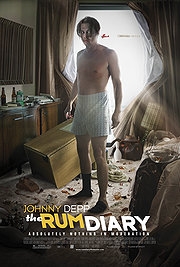
Bruce Robinson, the writer and director behind the wonderful Withnail & I, is finally back in the spotlight with this big screen version of Hunter S. Thompson’s novel The Rum Diary (which he wrote when he was 22 and oh my god make us all feel inadequate why don’t you that is so young). Sadly, the film – which at first glance is a wacky, booze-soaked rollercoaster ride along the lines of Fear and Loathing in Las Vegas – doesn’t quite live up to the expectations.
The Rum Diary tells the story of Paul Kemp (Depp), a writer who travels to Puerto Rico to accept a position at a failing newspaper. The editor (Richard Jenkins) hopes that Kemp’s presence will revive the paper, which is currently staffed by inept drunks including the Withnail-esque, Nazi-sympathising Moburg (Giovanni Ribisi). Kemp befriends photographer Sala (Michael Rispoli) and ends up getting entangled with shady hotel developer Sanderson (Eckhart) and his beautiful fiancé Chenault (Heard). Along the way, obviously, everyone drinks loads and loads of rum.
It sounds like the recipe for a lot of fun. And sometimes it really is. There are silly car chases and bizarre, funny lines and – in one of the film’s best scenes – a cool hallucination where Kemp imagines Sala’s tongue has suddenly grown and is flapping around in the air in front of him. The thing is, you’ve probably seen that moment in the trailer. In fact, you’ve probably seen all the best bits in the trailer.

How did Johnny Depp act before Pirates of the Caribbean? Did he act? Who can remember a time before he played Jack Sparrow? Who would want to?! Seriously, though, despite the success of his turn as cinema’s favourite pirate captain, it seems to have seriously damaged the part of his brain that controls the acting. With the exception of a few funny moments, throughout The Rum Diary Depp is either doing normal face – staring blankly into the middle distance – or gurning like a bad extra. It’s a bit like a half-hearted Jack Sparrow imitation, but without the pirate voice. There are also a few odd, uncomfortable moments when Kemp’s conscience comes to the fore and Depp finds himself spouting lines which, in the midst of a film such as this, feel almost cringeworthy: “I will try and speak for my reader. That is my promise. And it will be a voice made of ink and rage.” What?
Depp’s performance, though, is not the main issue with Robinson’s film. The major problem is that – aside from the odd hallucination/spot of firebreathing – the story is really very conventional. Depp’s character is a drunk, yes, but a good-hearted drunk who takes offence to the greedy Sanderson’s plans to develop an idyllic island into a sprawling hotel complex. Similarly, Kemp’s intentions towards Chenault are always firmly honourable.

There’s just really no depth to this story, which is probably why Robinson attempts to distract us by having people drinking 450 proof alcohol and driving around extremely recklessly (“Don’t drink and drive people,” the film warns us, “There will be dangerously hilarious consequences!”).
At the last moment, The Rum Diary does veer away from a neat, happy ending – that is, until a title comes up on the screen assuring us that everything is just peachy. The fact that this is then followed by a memorial to Thompson himself, who died in 2005, goes some way to explaining the strange, slightly confused tone of the film. Ultimately it’s a tender homage to a much loved writer which pulls back from the extremes in an attempt, perhaps, to portray the work in a dignified, worthy light. It’s just a shame that it doesn’t really succeed.


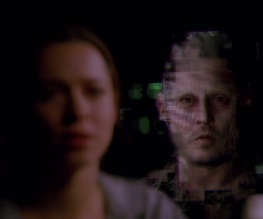
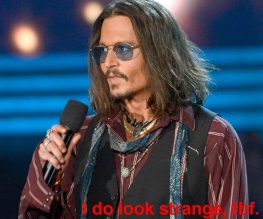
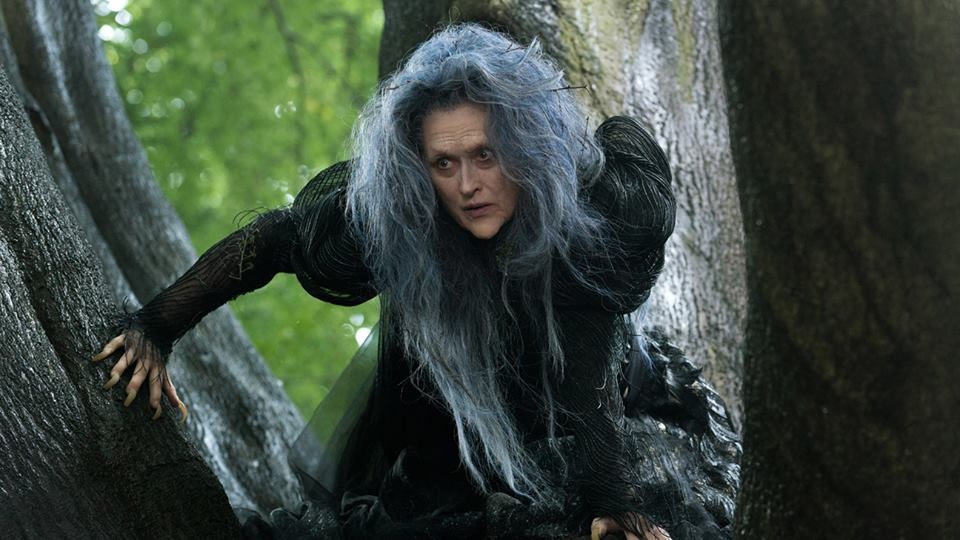
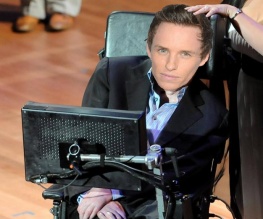
Recent Comments